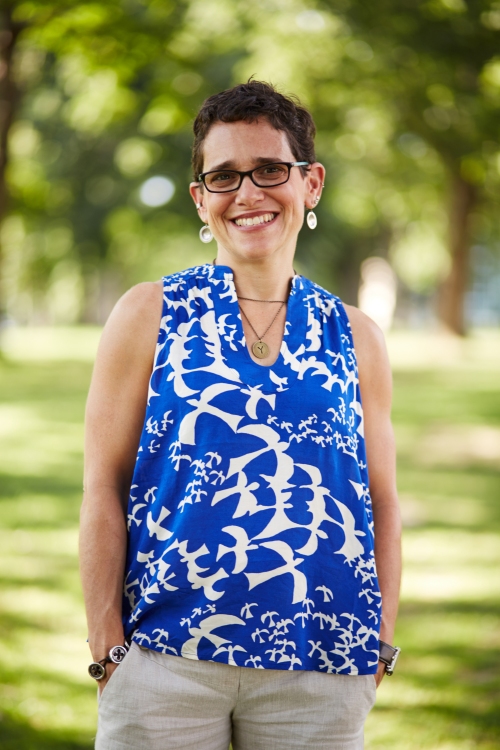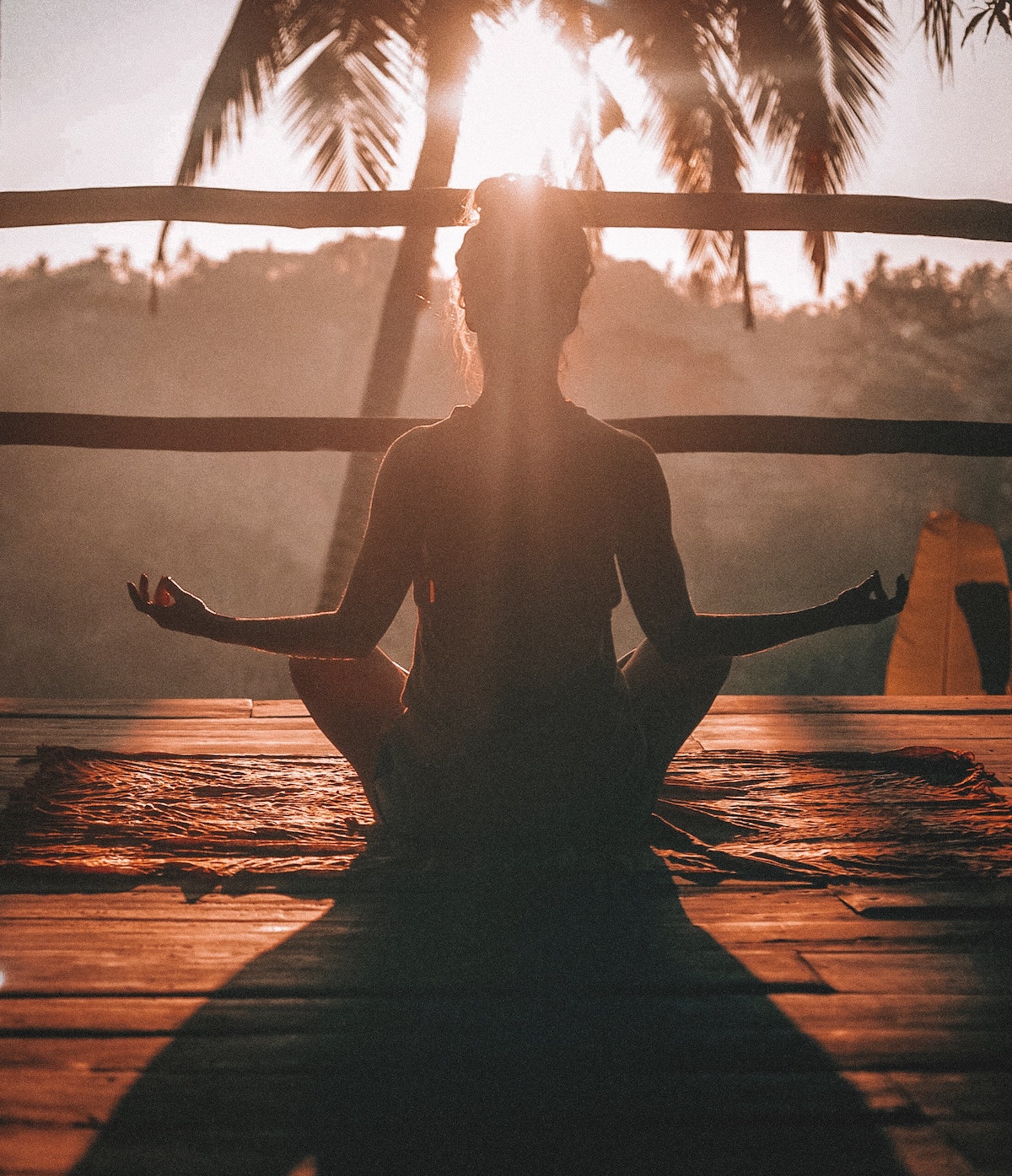I had been “preaching” about self-care to clients for decades. I thought I was practicing self-care. I ate well. I exercised. I worked hard at understanding – and bettering – my mental and psychological states.
But it took getting knocked to my knees – basically having no other choice – for me to take a step back and truly put myself first. To learn to take care of myself in a way that mattered, and that was the antithesis of everything I had learned growing up.
My childhood was “extreme.” I describe it like this:
“The best seats I ever had at Madison Square Garden were at my mother’s wedding, and the best cocaine I ever had was from my father’s friend, the judge.”
I was raised in a religious cult – the Moonies – with one parent and in a life of “sex, drugs, and squalor” in New York City’s East Village in the 1970s with the other. This upbringing carved some pretty deep perfectionism (my brother once told me that I even try to do not-perfect perfectly) and “over-doing” into my psyche. I often say that if you put something in front of me, I’ll do it and I’ll do it very, very well. Even if I metaphorically die trying.
Basically, I go fast, I go hard, and I don’t stop. And I don’t know I’m doing it.
Well, I didn’t realize I was doing this until I was knocked completely down by severe insomnia a number of years ago.
I remember saying to someone, “I’ll never survive if this lasts two years.” All in all, it did. And in the midst of it, at my worst points, I was pretty much nonfunctional. Not sleeping messes with your body, your mind, and your spirit. I own a leadership consulting and executive coaching firm. I could barely focus well enough to speak with clients on the phone, and I no longer had the stamina – nor the enthusiasm, nor the coherence – to facilitate client sessions in person. There were weeks at a time, when all I could manage to do was to sit on the couch and read young adult fantasy books (because nothing bad really happens in those) and maybe make fried eggs for dinner for my kid.
I knew something had to change, and as hard as I tried (and probably, in retrospect, because I tried so hard), I couldn’t “fix” my insomnia. So, instead, I slowed down.
I slowed way, way, way down. I continued to cut myself tons of slack and to take numerous breaks during my work day. I pushed myself so much less than I had been (even though I would have sworn I wasn’t pushing myself hard at the time). I said “no” to projects, to my business partner, to my family. I had no choice.
It was hard to do, but again I had no choice. But the toughest part about it? When I realized that I had slowed way, way, way, way down for me, but that I was still going so much faster than so many other people.
I don’t mean that in a bragging way. It was a huge realization – a shock – that I, who thought I had been taking such good care of myself, was still pushing myself as if my life depended upon it.
That was when I began to learn to really, actually prioritize myself and my health. I took all the necessary “sleep hygiene” steps, including never working anymore after dinner, swearing off screens well before bedtime, and carving out quiet time for myself.
More importantly, I looked even harder at the “carvings” in my brain that caused me to push myself relentlessly, while never noticing that I was pushing myself relentlessly. I know they were a coping mechanism from my childhood. I’m pretty sure they helped me survive. But they were unnecessary. I didn’t need them anymore. And they clearly were hurting me more than they were helping me.
Teaching myself to be even gentler with myself and to allow myself to not do things, or to not do things well, was a tougher lesson to learn or habit to instill than it was to eat well or exercise a lot. But it was at least as life-saving.
And I can be so stubborn, that I had to be knocked to my knees to be able to admit I had a problem and to be willing to learn a different way to be.


